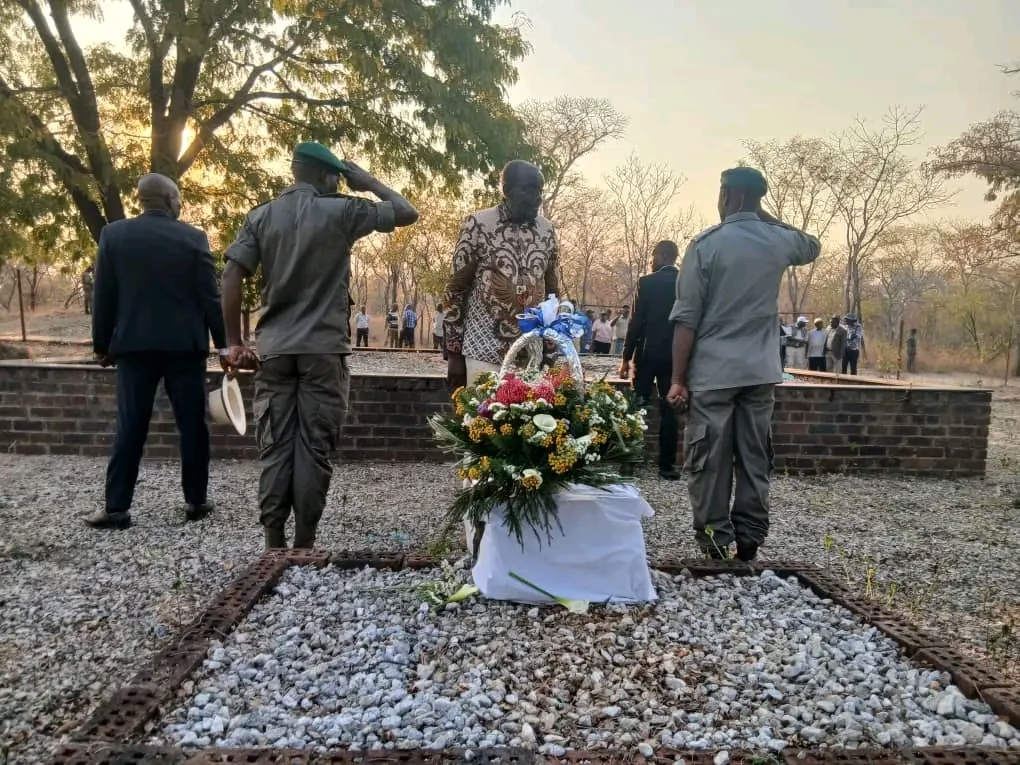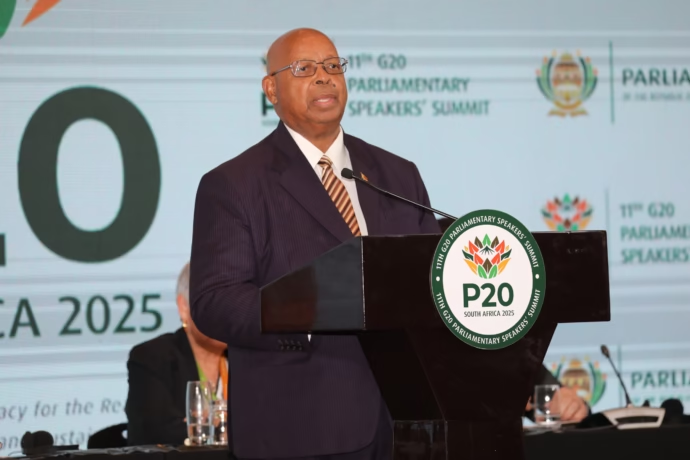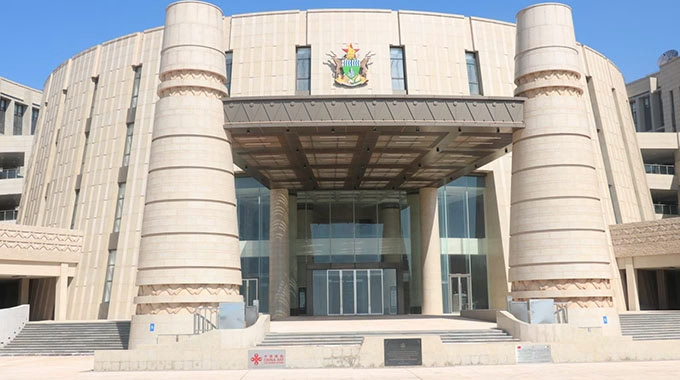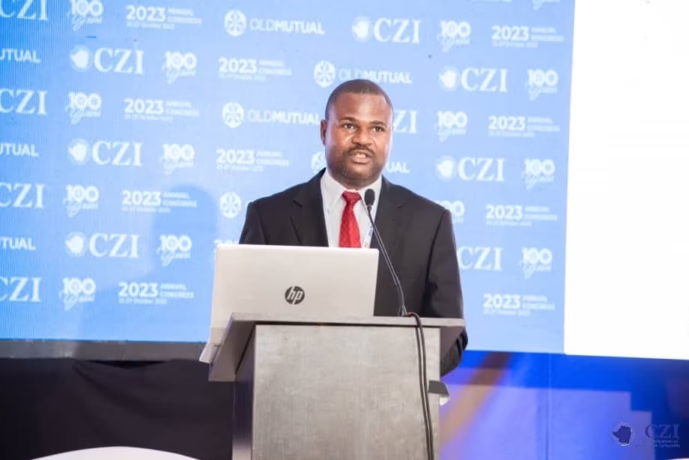
Vice President Colonel (Retired) Kembo Mohadi has called for urgent prioritisation of the protection and upgrading of liberation heritage sites, underscoring their role in preserving the history of Zimbabwe’s struggle for independence. Speaking during his visit to the Nyadzonia Refugee Camp site in Manica Province of Mozambique this Monday, where over 1 800 innocent refugees were massacred in 1976, the Vice President stressed the need to transform such places into lasting reminders of sacrifice, unity, and resilience.
He emphasised that these shrines must serve both as sites of remembrance and as educational and tourism hubs that tell the true story of the liberation war. “The country should step up its efforts to preserve the liberation war heritage as an honour to the sacrifices by the freedom fighters who lost their lives to liberate the country. The Ministry of Home Affairs and Cultural Heritage, together with supporting ministries, should prioritise funding of preservation efforts of liberation heritage sites. There is nothing more deserving of funding than giving a facelift to these shrines. We also need to upgrade these shrines to ensure tourists and researchers visit the places to study and find information on the country’s liberation war history. There is need to collect bodies that are in many places and preserve them at particular shrines,” he said.
After being taken through an emotional briefing by eyewitnesses, Vice President Mohadi said it was important to intensify efforts in publicising the liberation war history so that the young generation remains aware of the sacrifices made. He noted that retelling the brutality of colonial forces would correct misconceptions and strengthen patriotism. “The story of the brutality of the colonial forces can send shivers down anyone listening and correct misconceptions. We need to ensure the information on these heritage sites is disseminated to ensure our liberation history does not fade away. If the liberation war history is correctly told, there will not be discord among the youths and the people of Zimbabwe on the need to defend the gains of the liberation struggle,” he added.
The Nyadzonia camp, located along the Nyadzonia River, once housed more than 5 000 unarmed refugees, mostly women, children and young recruits. The 1976 attack, carried out by Rhodesian forces and aided by betrayal, remains one of the darkest episodes in liberation history. Former sectoral commander turned traitor, Morrison Nyathi, led the Rhodesians into the camp under false pretences, resulting in the massacre of an estimated 1 890 lives.
Despite its historical significance, Nyadzonia is yet to be fully rehabilitated, raising concerns over the need for swift action to safeguard liberation heritage. The call by Vice President Mohadi resonates beyond Nyadzonia, speaking to the broader imperative of investing in the preservation of liberation sites so that Zimbabwe’s history of sacrifice and freedom remains alive for generations to come.




